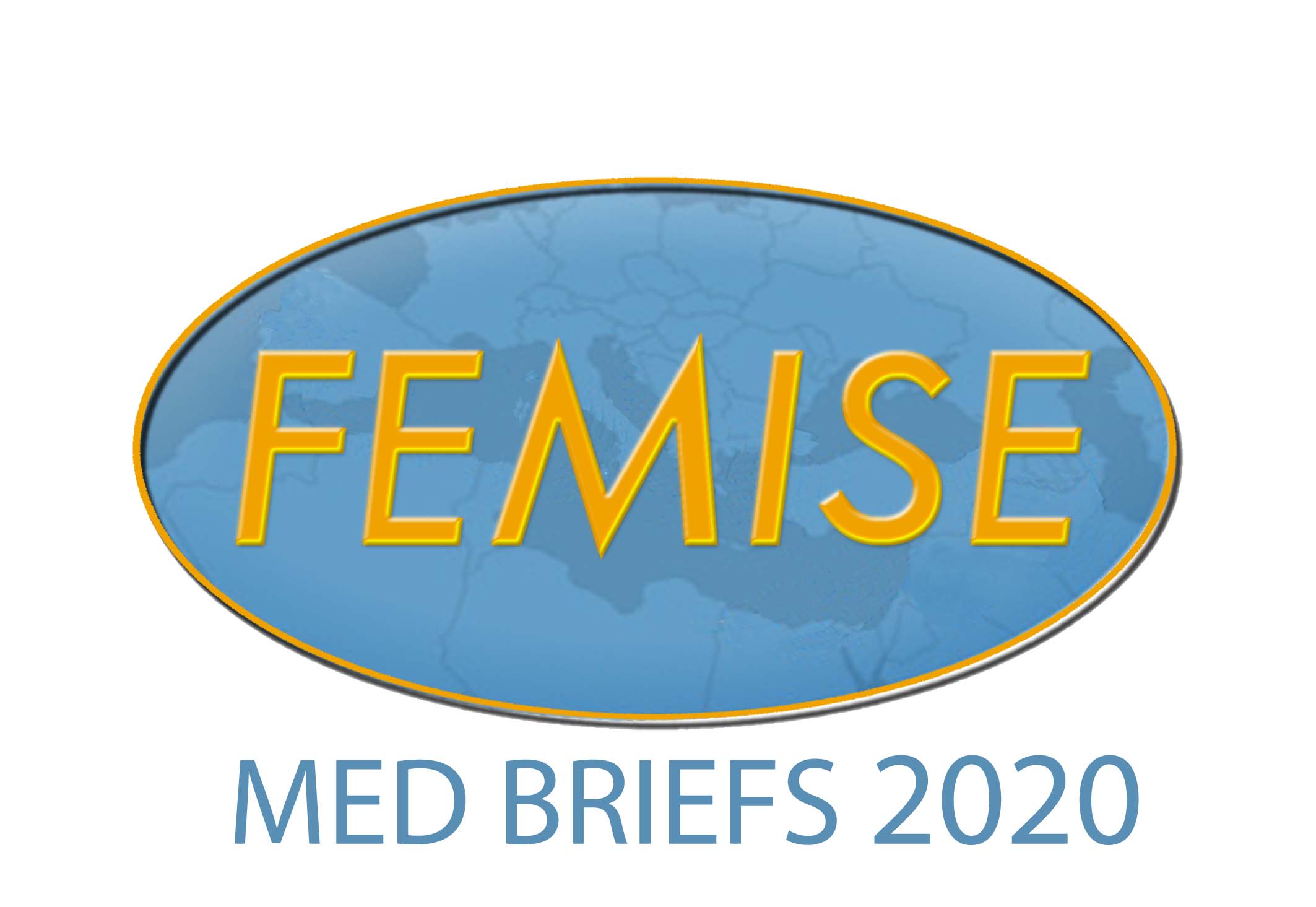 FEMISE is inviting all researchers and experts to submit original Policy Briefs based on recent research conducted on policy, economic and security issues relevant to the EU-Med region and Africa.
FEMISE is inviting all researchers and experts to submit original Policy Briefs based on recent research conducted on policy, economic and security issues relevant to the EU-Med region and Africa.
Deadline for Submission is :
April 30th 2020
I. Introduction
Policy Briefs are essential communication tools that translate the findings and the recommendations of an academic research work into a simple and concise policy note that could be accessible by, not only the policy makers, but also the business community and the general public.
The choice of the topic is left open to researchers.
II. Eligibility
- The Call is open to both members and non-members of FEMISE.
- The Brief could be a submitted by one or more authors.
- Authors must be residents in a country of the EU-Med region
III. Theme and template of the Brief
- The Brief should conform to the “FEMISE General Guidelines for Policy Briefs”
- The Brief should be about 4 pages maximum (around 2000 words)
- It should be done in simple and non-technical language and should include operational policy recommendations that are based on a solid research.
- The topic should be related to the EU-Med region
- It could include one or two figures/tables for illustration and a short selection of a maximum of 5 references.
- It could refer to the research papers from which it may be issued.
IV. Submission and Evaluation process
Please submit your Policy Brief to contact@femise.org and in CC c.tsakas@femise.org with the subject: “Submission of a Policy Brief”
- CV(s) of the author(s) should be submitted with the Brief as well as a short bio (that will appear on the brief if selected) of no more than 250 words
- The evaluation will be based on the following criteria:
– the choice of the topic and how relevant it is the region
– the contribution to the existing knowledge
– the recommendation and policy relevance and their feasibility
– the style of writing
The selected Policy Briefs will be published under the FEMISE Policy Briefs Series “MedBrief” and in order of priority of the relevance of the topic.

